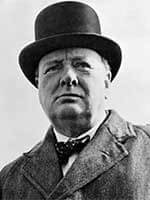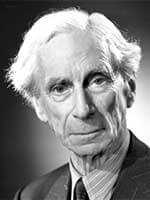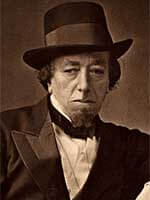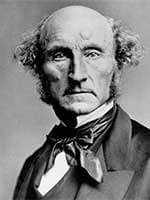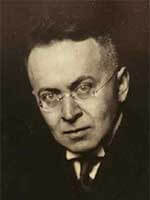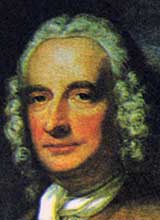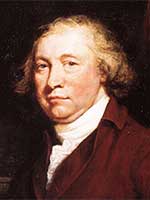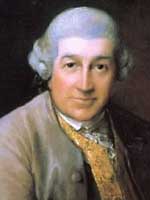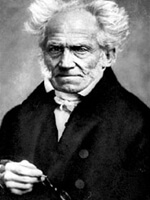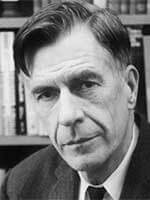Quotes 1 till 20 of 23.
-

One can quite understand vegetarianism. One can quite understand meat-eating. But it is difficult to understand why a person who is a flesh-eater should object to one kind of flesh, namely cow's flesh. This is an anomaly which call for explanation.
-

We can only learn to know ourselves and do what we can - namely, surrender our will and fulfill God's will in us.
-

A trait no other nation seems to possess in quite the same degree that we do - namely, a feeling of almost childish injury and resentment unless the world as a whole recognizes how innocent we are of anything but the most generous and harmless intentions.
-

I have never accepted what many people have kindly said-namely that I inspired the nation. Their will was resolute and remorseless, and as it proved, unconquerable. It fell to me to express it.
-

I proceed with the proper subject of this discourse; namely, the further changes in scientific belief, which have occurred within my own recollection, even since the time when I first aspired to authorship, now forty- five years ago.
-

If one wants to abide in the thought-free state, a struggle is inevitable. One must fight one's way through before regaining one's original primal state. If one succeeds in the fight and reaches the goal, the enemy, namely the thoughts, will all subside in the Self and disappear entirely.
-

If the most significant characteristic of man is the complex of biological needs he shares with all members of his species, then the best lives for the writer to observe are those in which the role of natural necessity is clearest, namely, the lives of the very poor.
-

Machines deprive us of two things which are certainly important ingredients of human happiness, namely, spontaneity and variety.
The Conquest of Happiness (1930) -

My objection to Liberalism is this - that it is the introduction into the practical business of life of the highest kind - namely, politics - of philosophical ideas instead of political principles.
-

The duty of man is the same in respect to his own nature as in respect to the nature of all other things, namely not to follow it but to amend it.
-

The fact that psychology postulates an external material world and studies it in so far as it comes to be reflected in consciousness, points to another postulate which psychology must assume in addition, namely, the existence of an inner world consciousness.
The Foundations of Normal and Abnormal Psychology (1914) -

The ultimate aim of psychoanalysis is to attribute art to mental weakness, and then to trace the weakness back to the point where, according to analytic dogma, it originated - namely, the lavatory.
-

There is a set of religious, or rather moral, writings which teach that virtue is the certain road to happiness, and vice to misery in this world. A very wholesome and comfortable doctrine, and to which we have but one objection, namely, that it is not true.
-

There is but one law for all, namely that law which governs all law, the law of our Creator, the law of humanity, justice, equity - the law of nature and of nations.
-

Things are not as we would like them to be. There is only one way to deal with it, namely to try and be all right oneself.
-

To do the opposite of something is also a form of imitation, namely an imitation of its opposite.
-

To those who despair of everything reason cannot provide a faith, but only passion, and in this case it must be the same passion that lay at the root of the despair, namely humiliation and hatred.
-

Totalitarianism is never content to rule by external means, namely, through the state and a machinery of violence; thanks to its peculiar ideology and the role assigned to it in this apparatus of coercion, totalitarianism has discovered a means of dominating and terrorizing human beings from within.
-

We can come to look upon the deaths of our enemies with as much regret as we feel for those of our friends, namely, when we miss their existence as witnesses to our success.
-

We can safely abandon the doctrine of the eighties, namely that the rich were not working because they had too little money, the poor because they had much.
All namely famous quotes and sayings you will always find on greatest-quotations.com



